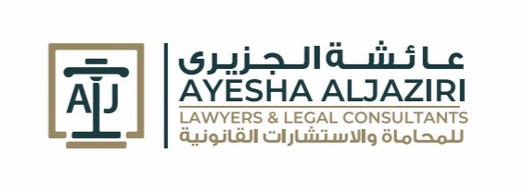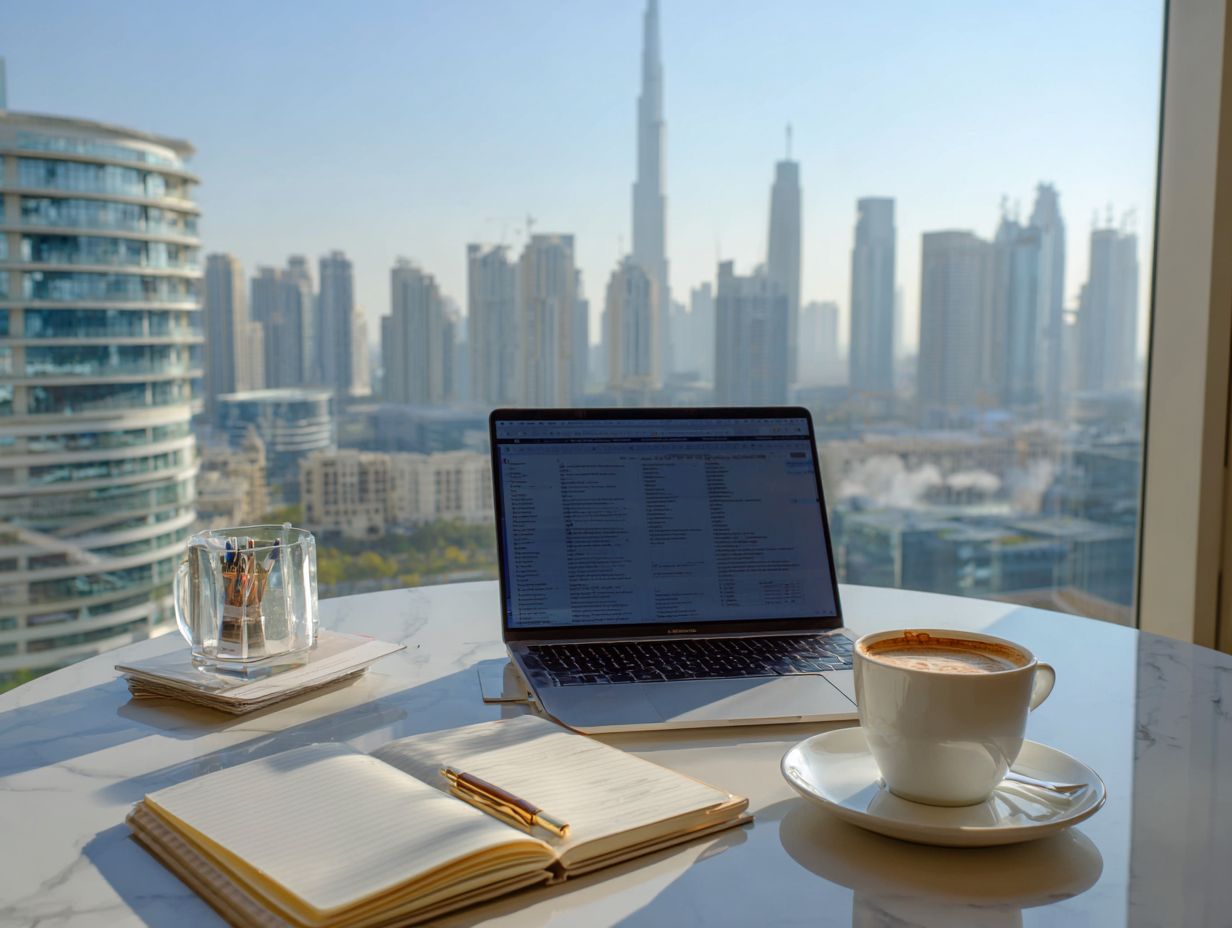At Ayesha Aljaziri Lawyers & Legal Consultants, we help businesses in Dubai and across the UAE resolve commercial disputes efficiently and confidently. As a premier full-service law firm with full rights of audience before all UAE courts, our multilingual lawyers in Dubai combine deep arbitration experience with sector-specific insight to deliver trusted legal solutions. If you are weighing arbitration as an alternative to court litigation, this guide explains how UAE arbitration works, how to choose the right forum and process, and the practical steps to secure a robust and enforceable award.
- UAE arbitration offers a structured, private, and efficient path to resolve commercial disputes, with procedures tailored to business realities.
- Federal Law No. 6 of 2018 (UAE Arbitration Law) and international conventions support the recognition and enforcement of awards.
- Selecting the right seat, rules, and arbitrators is critical to timelines, cost control, and enforceability.
Overview of Arbitration
Arbitration is a private dispute resolution mechanism in which parties agree to submit their conflict to one or more independent arbitrators instead of litigating in court. In the UAE, arbitration is widely used for commercial matters because proceedings can be confidential, procedures are flexible, and tribunals can be selected for their technical expertise. Commonly used rule frameworks include the Dubai International Arbitration Centre (DIAC) Rules, the Abu Dhabi Commercial Conciliation and Arbitration Centre (ADCCAC) Rules, and international sets such as the ICC Rules. Within the UAE, parties also frequently choose the Dubai International Financial Centre (DIFC) or Abu Dhabi Global Market (ADGM) as the legal seat, benefiting from common-law court systems that are arbitration-friendly.
Institutional rules typically offer streamlined case management, emergency measures in appropriate cases, and procedures for expedited timetables when the dispute value or urgency warrants it. Parties can agree to a sole arbitrator to reduce cost and enhance speed, or appoint a three-member tribunal for added assurance in complex, high-value disputes.
Why Arbitration Matters for Commercial Disputes
Arbitration’s appeal to businesses lies in its balance of efficiency and expertise. Parties can tailor procedural steps to suit the transaction, set realistic timelines, and keep sensitive information private. Arbitrators are often selected for industry familiarity—construction, real estate, finance, technology, or energy—so hearings focus on substance rather than lengthy background explanations. This focus can shorten the path to resolution and improve the quality of decisions. Arbitration is also particularly valued in the DIFC and ADGM ecosystems, where modern procedural rules and supportive courts help ensure that awards are respected and enforceable.
Legal Framework for Arbitration in the UAE
The UAE’s arbitration regime is anchored in Federal Law No. 6 of 2018 on Arbitration. This law modernized the framework for arbitration agreements, tribunal appointment and challenges, interim measures, hearings and evidence, and the recognition and enforcement of awards. Parties entering arbitration must have capacity to agree (e.g., authorized signatories), and the arbitration agreement should be in writing and clearly identify the scope of disputes covered. UAE courts generally support arbitration by upholding valid agreements and facilitating enforcement, while still allowing limited judicial review on narrow grounds (such as due process or public policy) to protect fairness.
International Treaties and Conventions
The UAE is a signatory to the New York Convention on the Recognition and Enforcement of Foreign Arbitral Awards. This enables parties to seek recognition and enforcement of UAE-seated awards in other member states, and vice versa, subject to limited defenses. In cross-border contracts, this treaty network is a critical reason to prefer arbitration over court litigation. To maximise enforceability, parties should draft clear arbitration clauses specifying the seat, institution, rules, governing law, language, and number of arbitrators.
Types of Arbitration in the UAE

Ad Hoc vs. Institutional Arbitration
Ad hoc arbitration proceeds without an administering institution, giving parties maximum flexibility to tailor timelines and procedures. However, it requires careful drafting and experienced counsel to avoid procedural deadlocks.
Institutional arbitration (e.g., under DIAC or ADCCAC) provides a tried-and-tested framework, administrative oversight, and default solutions for common issues like arbitrator appointments or challenges. For most commercial parties, institutional arbitration offers predictability and efficiency.
Domestic vs. International Arbitration
Domestic arbitration typically involves UAE law-governed disputes between locally based parties and is often administered by DIAC or ADCCAC. International arbitration covers cross-border disputes or parties from different jurisdictions, frequently using ICC, DIAC (for international parties as well), or similar rules. The seat may be onshore UAE, DIFC, or ADGM, each with different procedural characteristics. With international disputes, enforceability and neutrality are paramount; a carefully chosen seat and rule set can reduce risks associated with differing legal systems.
Choosing the Right Arbitration Institution
Key Factors to Consider
When selecting an institution and seat, weigh the following:
- Track record and expertise: Does the institution have robust procedures for commercial disputes in your sector?
- Administrative efficiency: Are appointments and procedural decisions handled promptly?
- Costs and fee structure: Are fees proportionate to the dispute value and expected complexity?
- Seat and court support: Will local courts respect arbitration agreements, grant interim relief when needed, and support enforcement?
- Language and logistics: Are hearing venues, translation, and transcription services accessible?
In the UAE, DIAC and ADCCAC are well-known for handling a broad range of commercial cases. Many international contracts also select ICC arbitration with the seat in the UAE (onshore, DIFC, or ADGM) to combine a global framework with local enforceability.
The Arbitration Process: Step by Step
1) Drafting a Strong Arbitration Clause
Dispute resolution starts long before a disagreement arises. Include a clear, enforceable arbitration clause in your commercial contracts that specifies: the seat (e.g., DIFC or ADGM), institution (e.g., DIAC, ADCCAC, or ICC), applicable rules, governing law, number of arbitrators, language, and confidentiality. Consider adding provisions for expedited procedures and emergency measures in urgent scenarios.
2) Filing the Request and the Response
Arbitration commences with a request (or notice) filed under the chosen rules, followed by a response from the other party. The initial filings outline the dispute, relief sought, and key documents. Institutions provide guidance on filing requirements and fees. Clear, concise pleadings set the tone for an efficient case and may pave the way for early settlement discussions.
3) Appointing the Tribunal
Tribunal composition impacts cost, speed, and confidence in the result. A sole arbitrator is common for mid-value disputes; three arbitrators are standard for complex, high-stakes matters. Assess candidates’ legal background, sector expertise, availability, and independence. Institutions can appoint when parties cannot agree, minimizing delays.
4) Procedural Timetable and Case Management
After the tribunal is formed, a case management conference establishes the procedural timetable. Typical steps include exchanges of statements of case, document production, witness statements, expert reports, and a hearing (in-person or virtual). Tribunals can grant interim measures, address confidentiality, and tailor procedure to proportionality—ensuring the process remains focused on the issues that matter most to your business.
5) Hearing and Award
Hearings are streamlined and evidence-driven. Arbitrators test the parties’ positions, weigh witness credibility, and assess expert evidence. Once deliberations conclude, the tribunal issues a reasoned final award. Under UAE law and applicable institutional rules, awards must meet form requirements to be enforceable, such as being in writing and signed. Parties can request correction of clerical errors within a short window if needed.
Enforcement of Arbitration Awards
Domestic Enforcement
To enforce an award in the UAE, the prevailing party applies to the competent court with the arbitration agreement and award. Courts in the UAE, including the DIFC and ADGM judiciaries where relevant to the chosen seat, generally support enforcement, subject to limited defenses. The supportive judicial environment is a key reason many businesses opt for arbitration seated in the UAE.
International Enforcement
Thanks to the New York Convention, parties can seek recognition and enforcement of UAE-seated awards in other member states (and enforce foreign awards in the UAE) with relatively predictable procedures. Local requirements—such as legalized translations—should be anticipated. Strategic clause drafting and careful case management reduce the risk of challenges at the enforcement stage.
Practical Tips to Resolve Commercial Disputes via UAE Arbitration
- Front-load strategy: Preserve evidence early, map the key documents, and identify factual and expert witnesses.
- Choose specialists: For construction, real estate, finance, technology, or energy disputes, select arbitrators with proven industry experience.
- Keep it proportionate: Use streamlined timetables or expedited features for mid-value disputes to control cost and time.
- Protect confidentiality: Ensure the clause and any procedural orders address sensitive commercial information.
- Plan for enforcement: Seat selection, rule choice, and award formalities should be aligned with where you may need to enforce.
How Our Dubai Law Firm Assists
As experienced arbitration lawyers in Dubai, we provide end-to-end support—from drafting robust arbitration clauses and negotiating commercial contracts to representing clients in DIAC, ADCCAC, and ICC arbitrations, and enforcing awards before UAE courts. Because we have full rights of audience before all UAE courts (civil, Sharia, commercial, and appellate), there is no need for external counsel for related court applications, interim relief, or enforcement steps. Our multilingual team advises local and international clients across sectors including real estate, construction, finance, energy, healthcare, retail, technology, transport, and more.
If your dispute intersects with broader commercial or corporate issues, our teams coordinate seamlessly across practice areas to protect your position. Explore our dedicated pages for arbitration lawyers in Dubai, commercial lawyers, and corporate law to see how our comprehensive legal services can support your business strategy.
Frequently Asked Questions
What is the process to resolve a commercial dispute through UAE arbitration?
Parties begin with a written arbitration agreement (often within the contract). When a dispute arises, the claimant files a request under the chosen rules, the respondent replies, and the tribunal is appointed. The tribunal sets a timetable for submissions, disclosure, witness evidence, and a hearing. After deliberation, a final award is issued. Courts can assist with interim measures and enforcement when required.
What are the benefits of resolving commercial disputes through UAE arbitration?
Key advantages include confidentiality, procedural flexibility, the ability to appoint specialist arbitrators, and internationally recognized enforcement mechanisms. Many businesses also prefer the efficiency of institutional case management and the supportiveness of UAE courts to the arbitral process.
Can all commercial disputes be arbitrated?
Most commercial disputes can be arbitrated if the parties have a valid arbitration agreement. Certain categories—such as matters expressly excluded by law or involving public policy—are not arbitrable. We review your contracts and facts to confirm arbitrability and recommend the most effective route (arbitration, mediation, or litigation).
How do I choose the right arbitrator?
Look for independence, availability, and sector-specific expertise. For example, a construction dispute may benefit from an arbitrator with engineering or project delivery experience. Institutions maintain vetted rosters and can appoint if parties cannot agree.
How are awards enforced in the UAE and abroad?
In the UAE, you file an enforcement application with the competent court, attaching the award and arbitration agreement. Internationally, the New York Convention enables recognition and enforcement in member states, subject to specific local procedures. Our litigation team—recognized among the best litigation lawyers in Dubai—handles all court-facing steps seamlessly.
Next Steps
Whether you are drafting a new contract, facing a brewing dispute, or seeking to enforce an existing award, our law firm in Dubai delivers practical, business-focused guidance. Speak to our team of experienced UAE court advocates with full rights of audience to plan an effective strategy from the outset. For tailored advice or urgent representation, contact us today.








